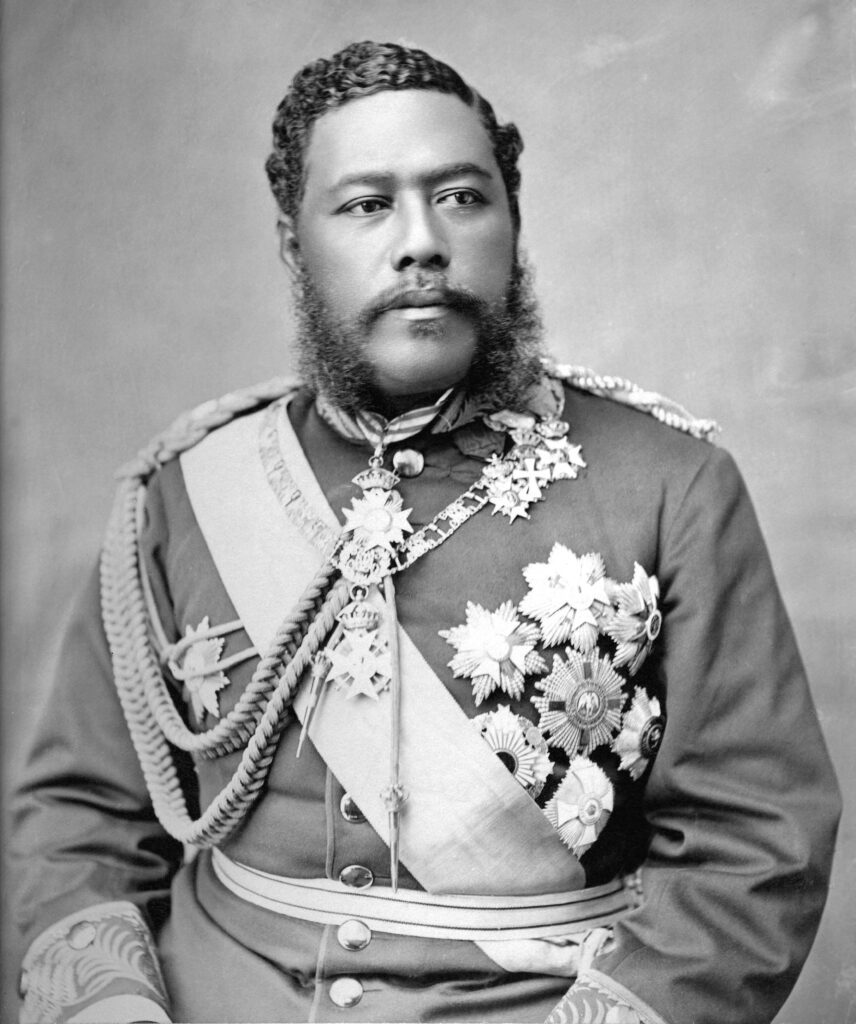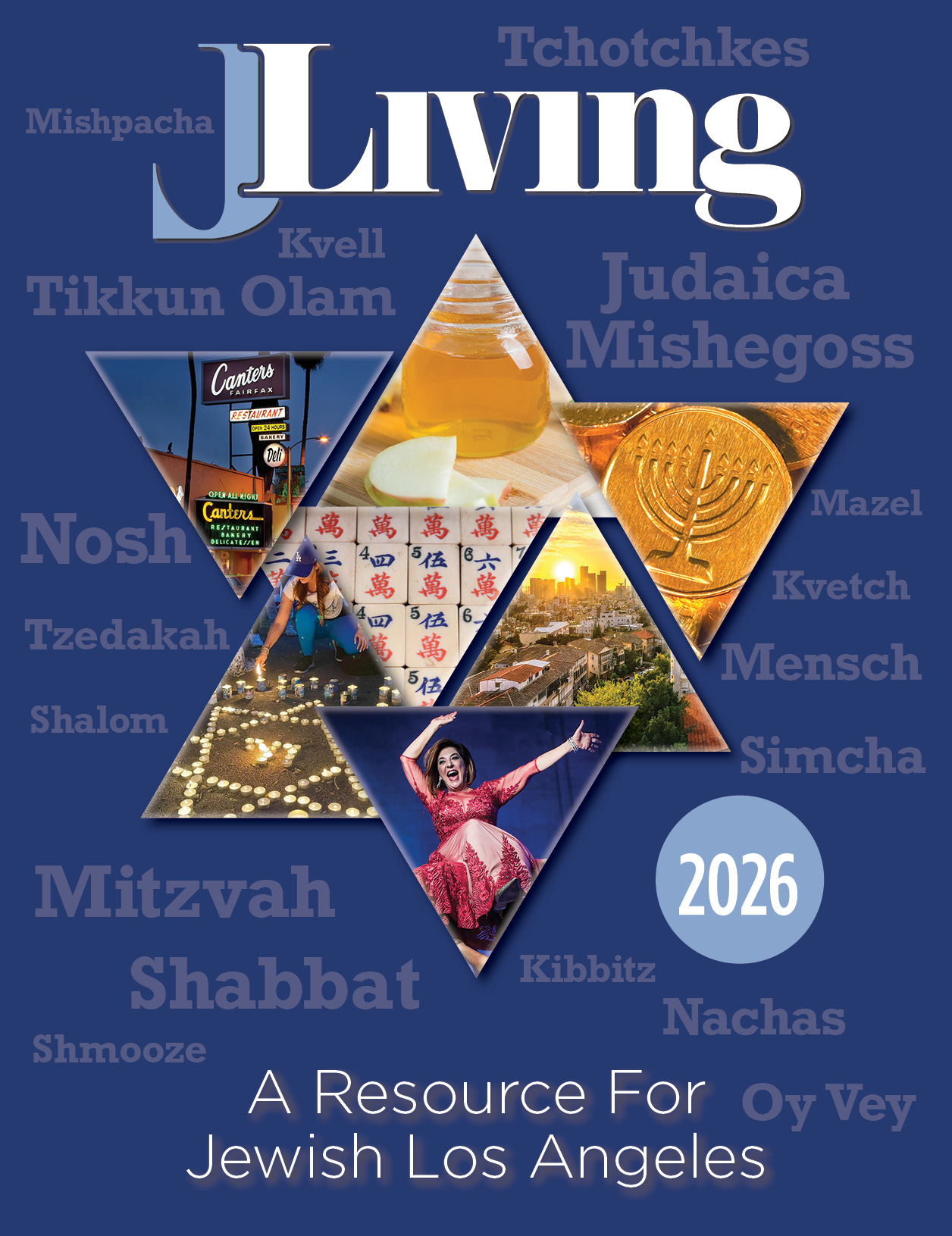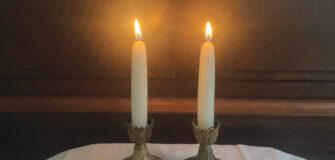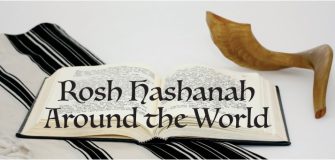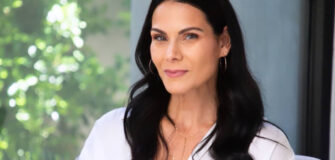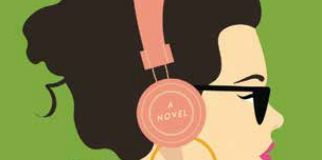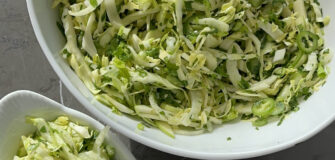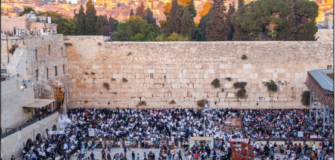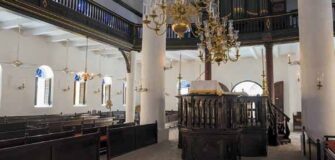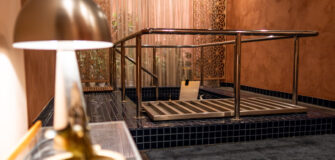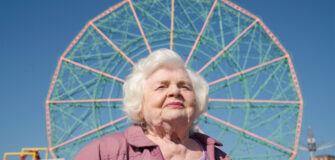Shaloha: Jewish Life in Maui
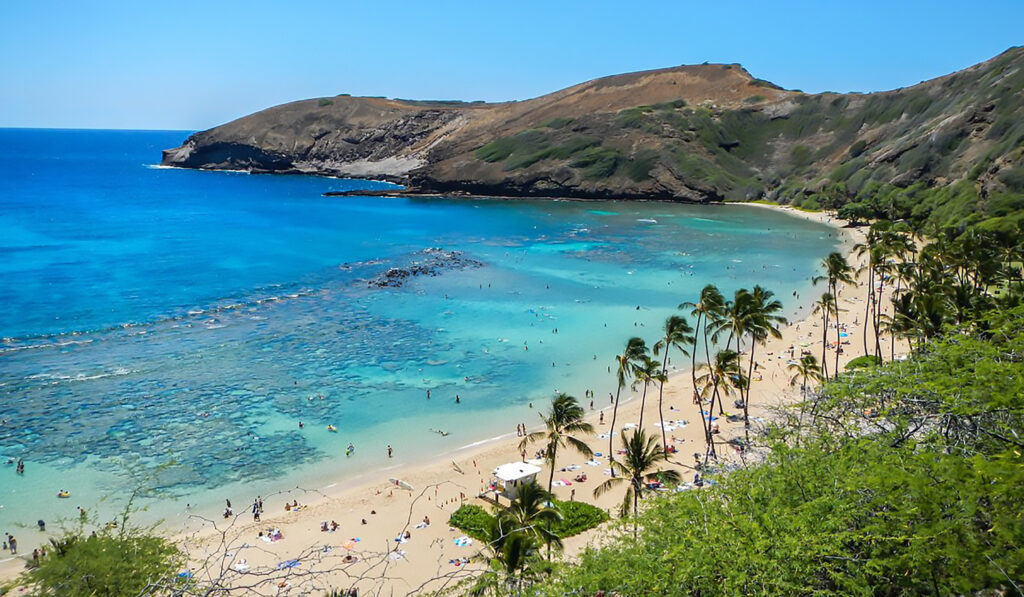
– By David Nemetz
As our plane descended into Maui, we were met with a landscape of tropical beauty. The incredibly warm people, fresh food and sightseeing are all bucket list items. And somewhere tucked within this paradise, there might be a connection to our Jewish roots, where Jewish travelers have made Maui their home and are happy to welcome us to their paradise.
Some Native Hawaiians believe they are descended from the Lost Tribes of Israel. While that claim remains speculative, there are surprising parallels between the two cultures. Just as the Hebrew word shalom means more than “hello” — encompassing peace and wholeness — so too does the Hawaiian word aloha mean love, hello, goodbye and presence.
Both cultures follow a lunar calendar, celebrate with traditional dance (the hula and the hora), and use conch shells and shofars to announce important moments. Even the Hawaiian term kahuna — meaning priest or expert — bears linguistic resemblance to the Hebrew kohen. Ancient Hawaiians also performed circumcision. Ruah, the Evil Eye, and The Sabbath Bride all have Hawaiian counterparts (Mana, Huaki/po, and the Hula Goddess).
There’s also a curious similarity between the Hawaiian “Shaka” sign (pinky and thumb out, middle fingers folded) and the Jewish kemitzah, a Temple-era hand gesture used when bringing a flour offering. The Kemitzah hand symbol has been used to represent Jewish strength, courage and hope. For Hawaiians, the Shaka characterizes aloha spirit, love and pride.
Today, it is estimated that Hawaii is home to 8,000 to 10,000 Jews, with roughly 2,000 of them living on Maui. But as I visited a number of Jewish leaders, there was a common thread that the Jews here are not easy to find. Many are “off the grid,” having intermarried, moved to the island for spiritual solitude, or simply chosen a quieter Jewish existence. Still, an active Jewish life on Maui does exist, and it is a wonderful destination to celebrate a simcha!
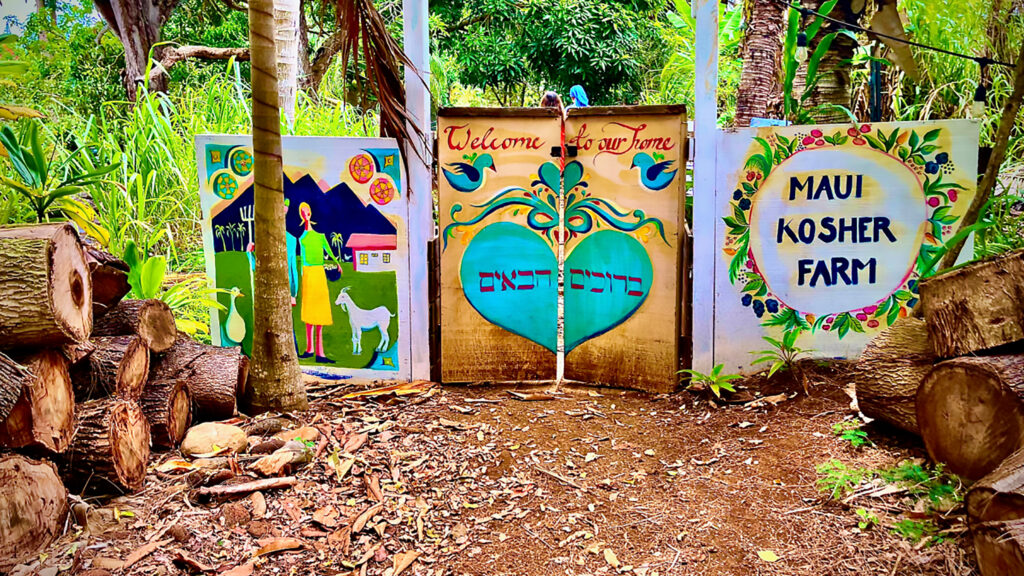
Jewish Congregation of Maui
On a recent trip to Maui, one of the first places I visited was the Jewish Congregation of Maui (JCM), located in Kihei, where I met executive director Kalo Yujuico and board member Mitch Berman. We had a wonderful conversation about the history of the temple, present challenges and island celebrations.
The JCM started in the 1970s rather organically, with Jews living on Maui and those visiting the island meeting at parks, community centers and homes to celebrate holidays and life-cycle events. Over the years, the group became more structured and, in 1998, the JCM purchased its home in Kihei.
The temple flourished as David Glickman, son of the long-time cantor of Congregation Beth Jacob in Los Angeles, moved to Maui to study oceanography, most notably humpback whales. As he studied animal behavior at the University of Hawaii, it was clear that his Jewish knowledge surpassed that of the local community. He began to teach Hebrew, conduct services and aid in lifestyle events. He left the community and was soon ordained as an Orthodox Rabbi. And the Maui community welcomed him back as their Rabbi.
Due to the diverse nature of Maui’s Jewish community, the temple remains unaffiliated. Glickman once referred to it as an Orthodox approach to a reform service, with egalitarian services that included English reading and mixed seating.
While Rabbi Glickman retired in 2019, the temple continues with lay-led services and visiting rabbis like Rabbi Ken Aronowitz of Oahu.
The temple is available for everyone to use as they visit the island. As we discussed the temple’s history, the JCM’s Kalo and Mitch brought me scrapbooks filled with pictures from holiday celebrations on the temple grounds over the last 30 years. They made sure I knew that the community welcomed hosting weddings or bar/bat mitzvahs at its location and how they were willing to assist those coming to the island to celebrate.
We also discussed the challenges of the community, the Lahaina fires, and the fiscal reality of managing a small congregation. It is evident that while community involvement is needed, their small membership and sparse revenue limit their abilities financially, but not altruistically. The warmth of the people and their offer to be inclusive and provide a Jewish home in Maui was inspiring.
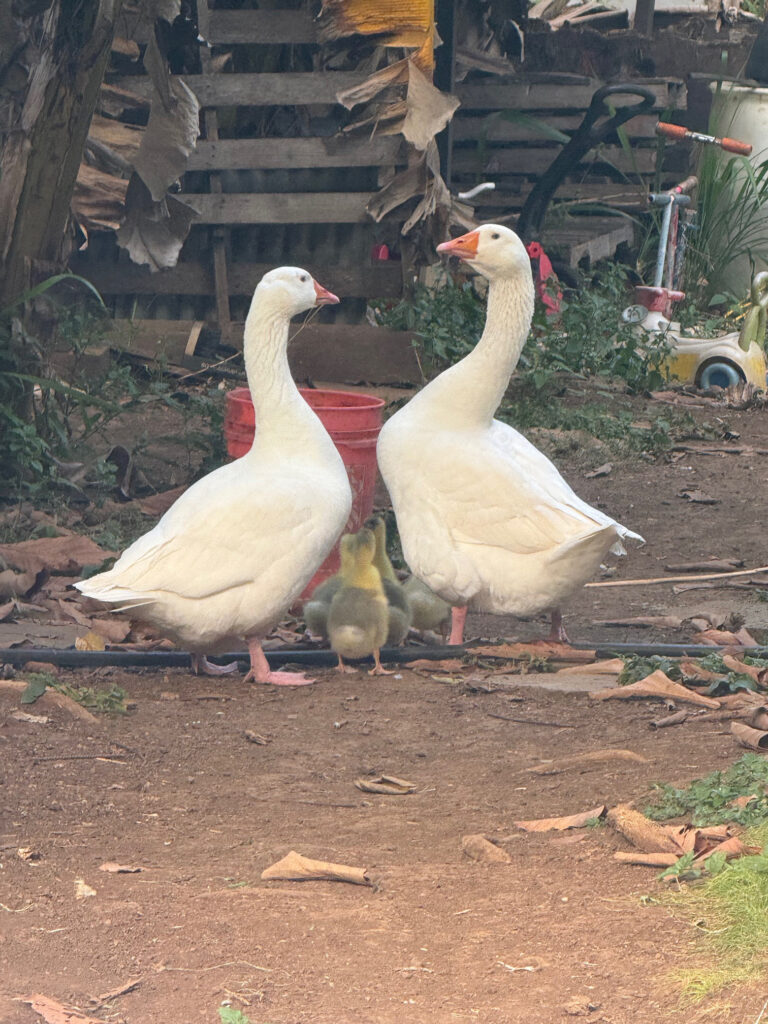
Maui Kosher Farm
Off the beaten path in Wailuku on the West Maui Mountains, Mendel and Chana Zirkind are creating a Jewish oasis. My driving directions were to hang a right after the 10th speed bump, look for a car with the personalized license plate reading “JEWISH” and come on in. As I exited the car, the first thing I saw was a small gate inviting me into Maui Kosher Farm. As I arrived around 3 p.m. on a Thursday, the farm had no other visitors, and Chana was on her way to lead a Rosh Chodesh discussion at another location.
I wandered down the path, past the mikvah that they had recently built, and made my way to the center of the yard, where there was a covered open-air area referred to as the “mishkan,” devoted to studying, praying, eating and generally hanging out. Mendel joined me there, and we discussed his path from Jerusalem to Hawaii, with stints in Australia and as a chef in New York City. Originally part of the Chabad movement, the couple moved to Maui and now runs the farm independently.
Our visit was interrupted by Mendel, who informed me that he had to tend to the farm, and he asked if I would join him. With Mendel’s two working dogs by his side, we walked the farm. Over those 30 minutes, I was introduced to his herd of goats, sheep, ducks, chickens and quail. He showcased a number of tanks and pipes that would soon be his tilapia farm. As we fed and moved the animals, we traveled through crops of mangos, macadamia nuts, avocados, bananas, cocoa, starfruit and papayas. Mendel is also a certified shochet, ensuring that the animals on his farm eventually end up as kosher meat.
The couple hosts Shabbat dinners and holiday meals for the local Jewish community and for any island visitor wanting to attend. They hope they get a minyan so that they can take out the new Torah that was completed on the island.
During the week, they open the farm for tours, with a signature lunch that includes sourdough focaccia bread, a blind egg taste test, fresh salad and samples of whatever they harvested.
Mendel was charming as he discussed his pathway to farming and how his agricultural education was going. During the Lahaina fires, the farm was transformed into a rescue and shelter center. With roads closed and local fires still burning, Mendel found purpose. He filled his truck with food, water, gasoline and whatever he thought could help, and escorted by the police, he went looking to help. Many people stayed at his farm for months as they looked to recover.
Before I left, I asked how an Israeli survives without a falafel or shwarma place nearby. He chuckled and said to come back in a few days, as he makes the best around!
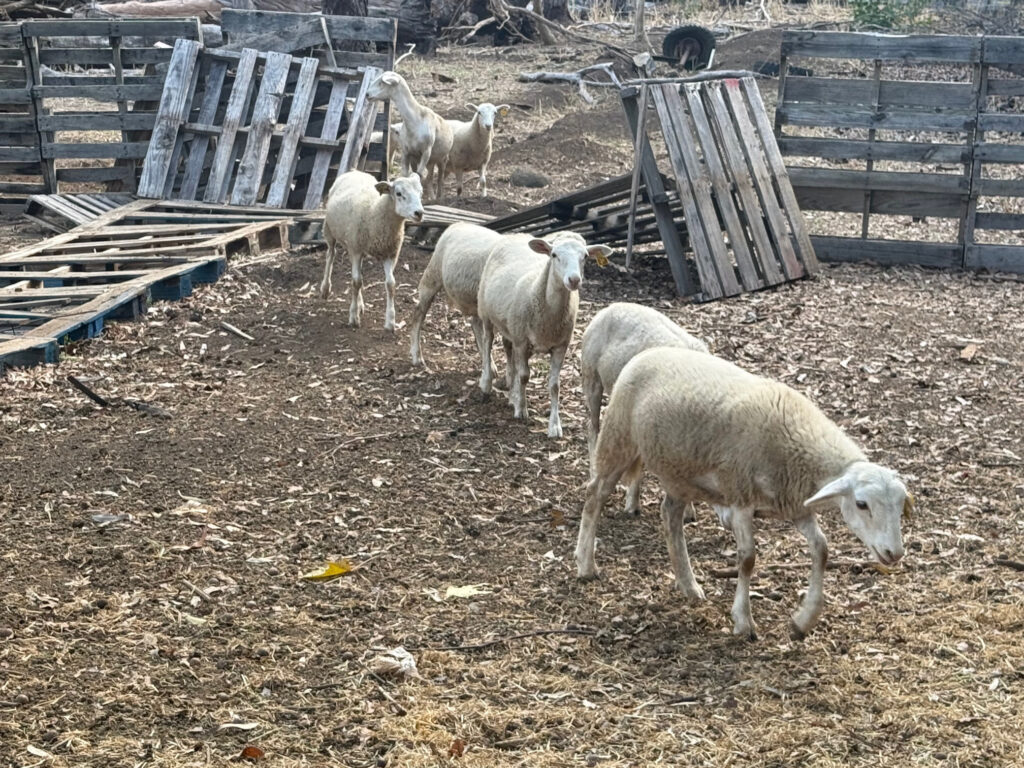
Chabad of Maui
In 2018, Rabbi Mendy and Mushka Krasnjansky became the Chabad emissaries on Maui, making Mendy the first Kama’aina or locally-born Rabbi in Hawaii’s history. Located in Kihei, Chabad is a welcome refuge for those looking for a kosher meal, services, or Torah study.
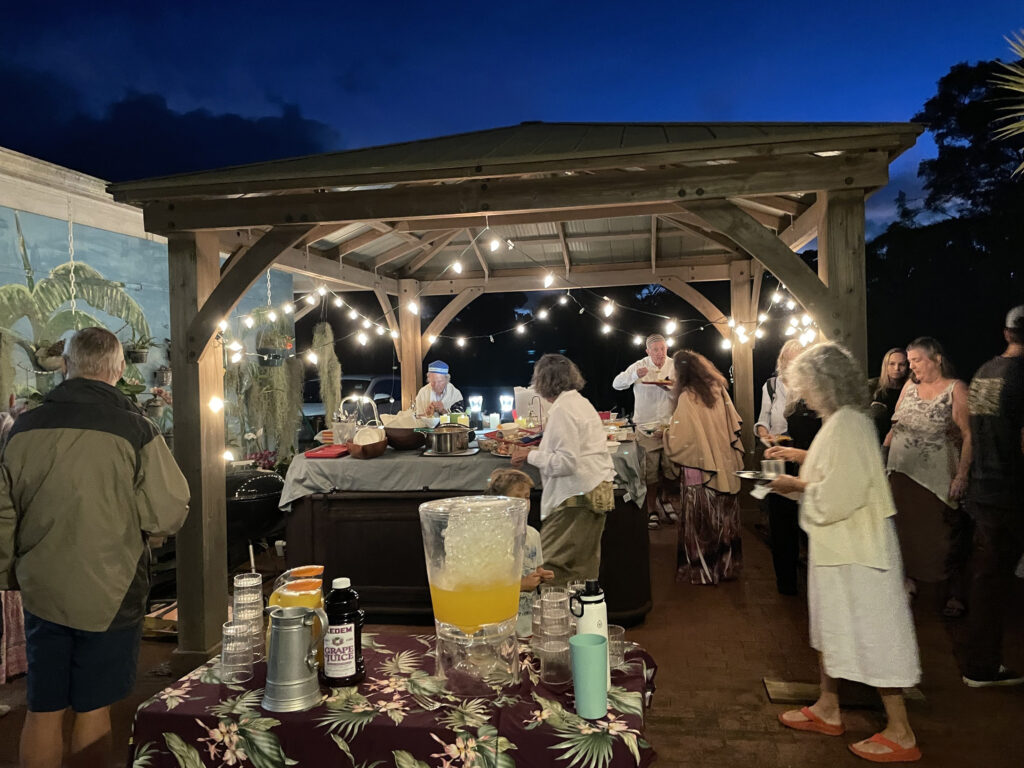
Maui Jewish ‘Ohana (MJO)
MJO explains its goal to offer a contemporary space that cherishes an evolving Jewish community, bringing individuals and families together to connect with their Jewish identity, participate in meaningful experiences, and contribute to the vibrancy of life on Maui.
In 2023, four Maui Jewish leaders decided to form something new for Jews looking for a progressive community in Makawao in the region known as upcountry Maui. The community has grown and evolved to be inclusive. This year, it celebrated its third Passover seder. It offers Shabbat services, holiday celebrations and life-cycle events. MJO has remained independent and proudly uses the word ‘Ohana, the Hawaiian word for family.
After the Lahaina fires, the Jewish Federation of North America (JFNA) reached out to MJO to offer support. That connection helped the community to locate a Torah for its community, and in January 2024, a Hachnasat Sefer Torah (celebration welcoming the Torah) was held.
Jewish life on Maui is small but mighty and is rooted in hospitality, diversity and resilience. Whether you’re there to pray, celebrate or simply rest, you’ll find warmth, tradition and a whole lot of aloha. It’s easy to see why Hawaii is a prime destination for any celebration, with breathtaking scenic views, perfect weather and island vibes. A number of the island’s hotels are well-versed in hosting Jewish events, and the local Jewish community partners are available to help with logistics, service rituals and getting the perfect challah!
The Last King of Hawaii and his Jewish Fortune Teller
While there have been no proven ties to Hawaiians as a lost tribe, we can trace some more modern interactions. Ship logs record the first mention of Jews in Hawaii in 1798, when the King boarded the whaling ship Neptune and brought “a Jew cook with him.”
While Jewish merchants began to arrive in Hawaii after 1850, there was one, Elias Abraham Rosenberg, known as “Holy Moses,” who became friends with King Kalakaua. Rosenberg, possibly running from the law in San Francisco, came to Hawaii and became a trusted fortune teller to the King. As the Hawaiians were moving away from their customary traditions and toward Christianity, Rosenberg encouraged the King to revive old Hawaiian ways. Rosenberg often read the Torah, the Talmud, and told biblical stories to the King, even teaching him Hebrew, and sharing a couple of good drinks never hurt. A few weeks before the King was overthrown, Rosenberg fled, leaving the Torah scroll and silver yad behind. The gifts are presently displayed at Temple Emanu-El in Honolulu.
